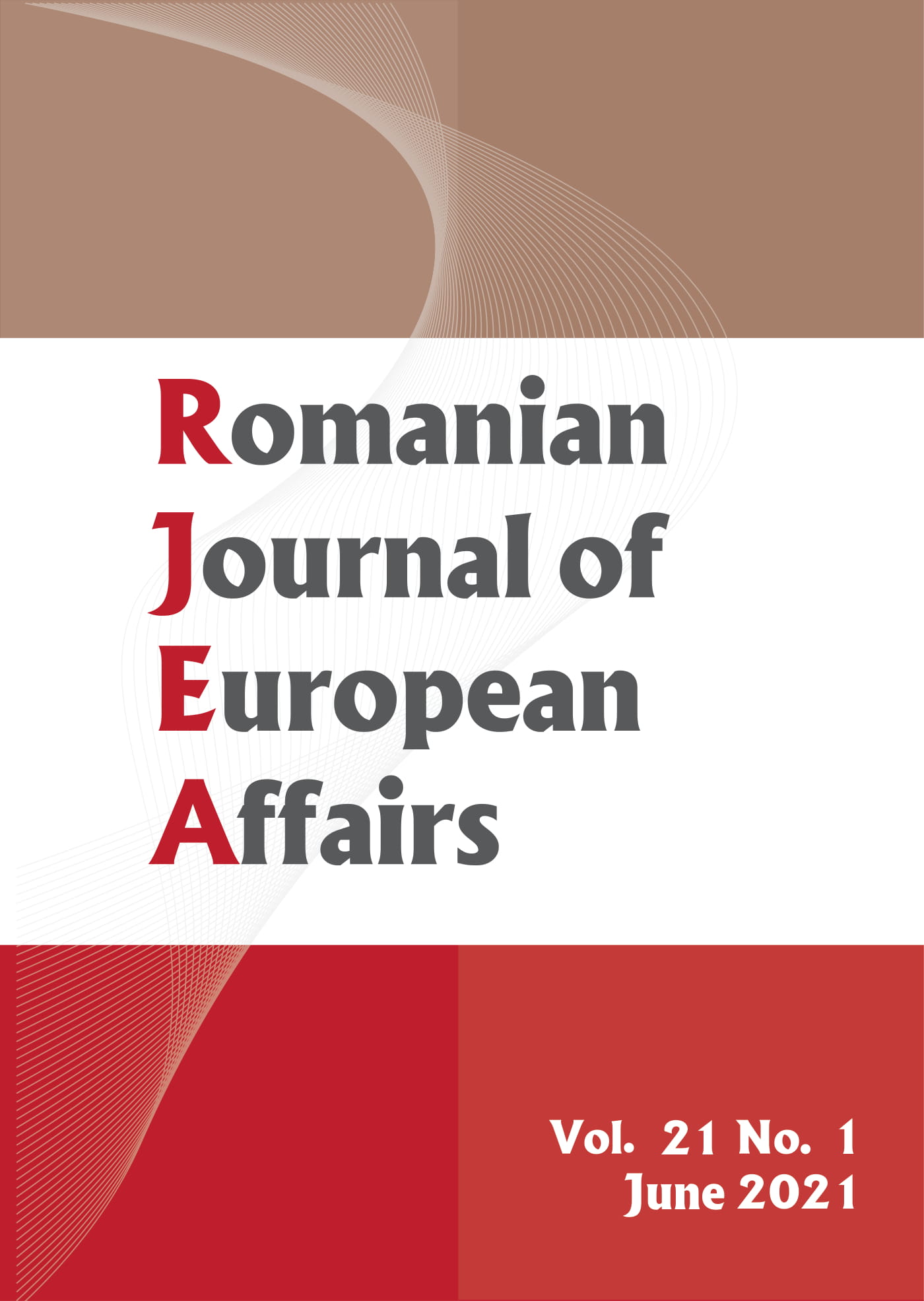Pros and Cons of the EU-China Comprehensive
Agreement on Investment
Pros and Cons of the EU-China Comprehensive
Agreement on Investment
Author(s): Iulia Monica Oehler-SincaiSubject(s): Politics / Political Sciences, Politics, Economy, Supranational / Global Economy, Political Theory, Political Sciences, Governance, Geopolitics
Published by: Institutul European din România
Keywords: EU; China; investment regime; liberalization; market access; sustainable development; regulatory restrictiveness index; protectionism;
Summary/Abstract: The main objectives of the present paper are to elaborate on the EUChina Comprehensive Agreement on Investment (CAI), its provisions, advantages and potential risks, and to detach various standpoints of relevant actors, related to this agreement. The ad referendum CAI, complemented by additional documents by the European Commission, underscores that it goes well beyond the investment protection issues, usually addressed in bilateral investment treaties and it additionally includes rules for: a better market access for the EU companies, a fairer investment environment in China and sustainable development. Despite its support by the European Commission, there has been formulated a strong criticism of the deal from various directions, both European and non-European. Besides, the conclusion of the pact induced not only tensions at the extra-EU level, but also intra-EU. The largest two obstacles to the adoption of the treaty are the conflicting interests of the EU Member States and the opposition of the European Parliament. Therefore a common position is needed inside the EU. The research is complemented by an analysis of the broader circumstances of rising FDI protectionism worldwide, under the increased complexity of the system of international relations and recent trends, harmful to multilateralism.
Journal: Romanian Journal of European Affairs
- Issue Year: 21/2021
- Issue No: 1
- Page Range: 74-92
- Page Count: 19
- Language: English

